New Native American VA Advisory Committee Holds First Meeting
The first meeting of the new VA Advisory Committee focused on improving care for Native American veterans was held last week.
The newly created committee is one of 27 VA advisory committees that advises VA Secretary Denis McDonough. Called the Advisory Committee on Tribal and Indian Affairs, the new committee consisting of 15 Native American tribal members will advise the secretary on everything from COVID-19 efforts to homelessness.
“My commitment to you was and is clear, that VA will not make decisions about you without you,” said McDonough.
“The work of this committee will be essential in helping us to find and to develop better and more innovative ways to serve native veterans, their families, caregivers and survivors,” he said.
VA provides health care services to over 140,000 Native American veterans. But many of these veterans have experienced difficulty receiving care during the pandemic.
“There are many hard truths that need to be addressed, and I will be here for my people addressing those truths on their behalf,” said committee member Reyn Kaupiko, a Navy veteran and Native Hawaiian.
Native American veterans have faced decades of challenges after exiting military service from the federal government.
The agency’s new reliance on technology to deliver benefits and health care services may seem great to millennials, but it risks alienating older veterans living on reservations if the agency does not enhance its outreach.
While VA administrators still struggle to apprehend cultural differences, the new Tribal and Indian Affairs committee has an important role to play.
How It Was Created
The new committee was created by Congress in 2020 after decades of advocates complaining that VA was not doing enough to reach Native American veterans living on tribal lands. Its purpose and structure were codified in 38 USC § 547. Its charter can be found here.
Senators Comment On New Committee
Senator Krysten Sinema co-sponsored S 524 Department of Veterans Affairs Tribal Advisory Committee Act, the Bill for the committee’s creation.
“Native Americans serve our military at a higher rate than any other ethnic group,” said Sinema.
“Native Americans serve our nation in uniform at the highest rates, and it’s critical these veterans are well represented at VA and empowered to shape department policy to meet the needs of all Native veterans,” said Sen. Jon Tester, chairman of the Senate Veterans’ Affairs Committee and former chairman of the Senate Indian Affairs Committee.
Sen. Jerry Moran, the top Republican on the Senate Veterans’ Affairs Committee, called the committee “an enduring forum to learn more from these veterans and tribal leaders on how VA and Congress can best serve this veteran population.”
RELATED: VA Launches Patient Wellness Investigation
VA Press Release
In a press release about the selection of committee members, last October, VA said the new committee would provide an “unprecedented voice” into how the agency will provide veterans with programs, policies, and services.
“This committee gives tribal leaders as well as American Indian, Native Hawaiians and Alaska Native Veterans a place at the table with the highest levels of leadership within the VA,” said Office of Tribal Government Relations Director Stephanie Birdwell. “It offers an unprecedented voice in how programs, policies and services may be delivered and provided.”
“The initial 15 members and areas of representation are: Adam Archuleta (Albuquerque Area), Jack Austin, Jr. (Member at Large), Jestin Dupree (Billings Area), Manaja Hill (Great Plains Area), Reyn Kaupiko (Native Hawaiian Organization), Nickolaus Lewis (Portland Area), Kevin Meeks (Oklahoma City Area), Galyn Minkel (Bemidji Area), Angela Pratt (Nashville Area), Chief William Smith (Alaska Area), Eugene “Geno” Talas (Phoenix Area), Tewa “Ted” Tenorio (California Area), Sonya M. Tetnowski (Urban Indian Health Organization), Alfred “Fred” Urbina (Tucson Area) and James Zwierlein (Navajo Area).”
Advisory Committee on Tribal and Indian Affairs Responsibilities
According to its charter, the committee’s responsibilities will include:
- Identify for the Department evolving issues of relevance to Indian tribes, tribal organizations and Native American Veterans relating to programs and services of the Department;
- Propose clarifications, recommendations and solutions to address issues raised at tribal, regional and national levels, especially regarding any tribal consultation reports;
- Provide a forum for Indian tribes, tribal organizations, urban Indian organizations, Native Hawaiian organizations and the Department to discuss issues and proposals for changes to Department regulations, policies and procedures;
- Identify priorities and provide advice on appropriate strategies for tribal consultation and urban Indian organizations conferring on issues at the tribal, regional or national levels;
- Ensure that pertinent issues are brought to the attention of Indian tribes, tribal organizations, urban Indian organizations and Native Hawaiian organizations in a timely manner, so that feedback can be obtained;
- Encourage the Secretary to work with other Federal agencies and Congress so that Native American Veterans are not denied the full benefit of their status as both Native Americans and Veterans;
- Highlight contributions of Native American Veterans in the Armed Forces;
- Make recommendations on the consultation policy of the Department on tribal matters;
- Support a process to develop an urban Indian organization confer policy to ensure the Secretary confers, to the maximum extent practicable, with urban Indian organizations; and
- With the Secretary’s approval, conduct other duties recommended by the Committee.
90 Years Without Committee
The Department of Veterans Affairs has existed in its current state, minus a name change and elevation to the cabinet, since 1930’s. The agency has long struggled to provide the specialized support called for by officials and representatives from what is called Indian Country.
It apparently took shortcomings in providing COVID services to Native American veterans to push the hand of Congress to legislate this newest addition to the agency’s list of 26 advisory committees.
In past decades, VA has regularly failed to appreciate differences in tribal culture when administering psychologic services and disability compensation evaluations.
One of many examples was the case of Frank Sherman, an Ojibwe veteran removed from VA’s kidney transplant list based on a botched neuro-cognitive evaluation. The Marine veteran was unfamiliar with certain words such as “escalator”.
A note in his VA record stated, “Patient performance was scored on Caucasian norms due to lack of Native American norms available.” An examiner concluded, “Results of the current evaluation may therefore potentially underestimate his true level of cognitive functioning.”
VA removed the veteran from the transplant list, anyway, and Frank likely would have died from his disease if the agency’s bias was not addressed by the news media.
RELATED: VA Reconsiders Kidney Transplant Denial
Frank was not placed back onto the list until after KARE 11 News and Senator Amy Klobuchar got involved. To give you more context, Frank started dialysis in 2012, but the surgery was not performed until 2019, once the biased testing was publicly exposed and the denial reversed.
Native American veterans have repeatedly faced challenges seeking benefits and care from VA that has not been fully resolved. Hopefully, the new committee will help close the gaps.
Source: MilitaryTimes
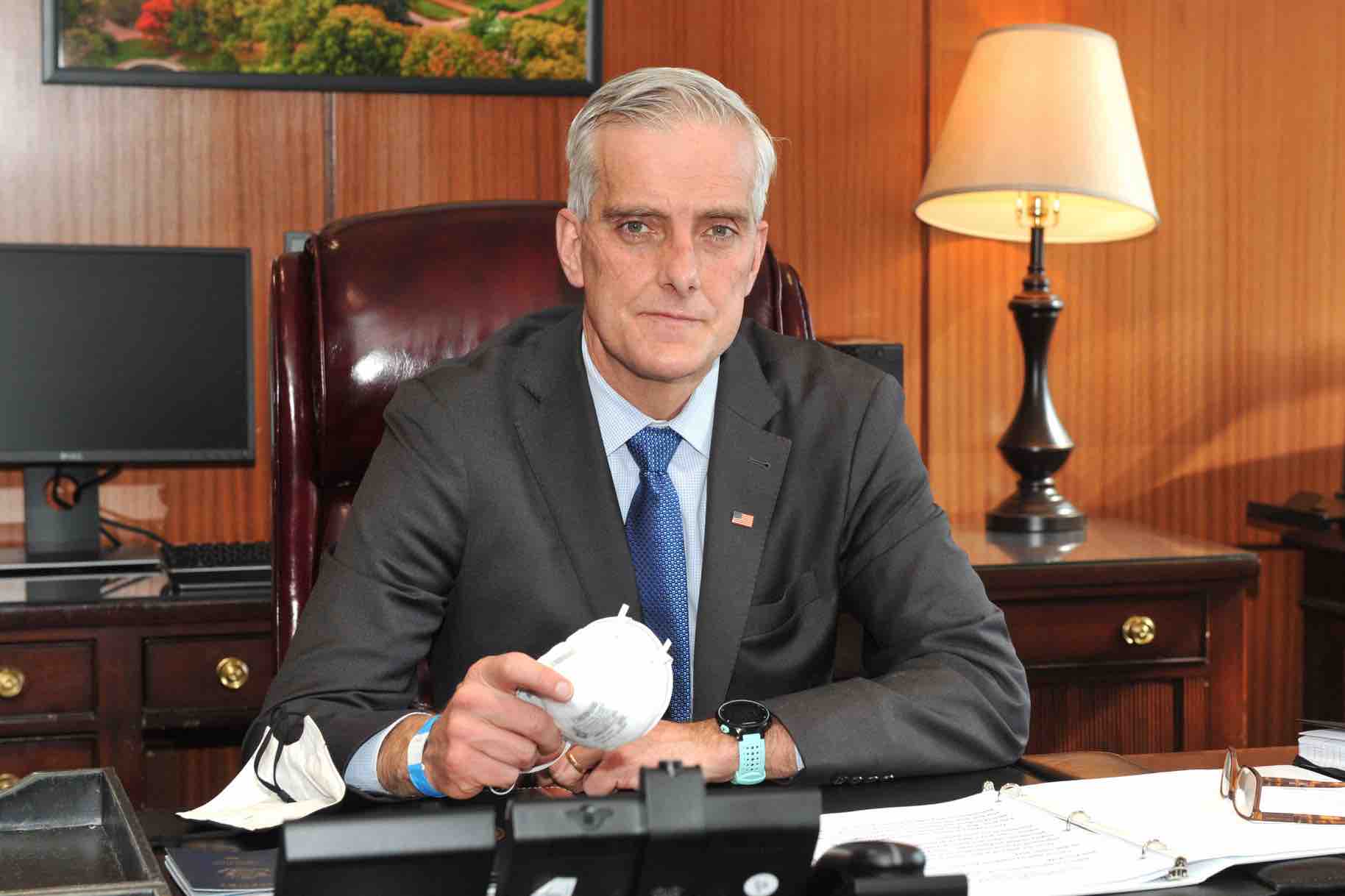
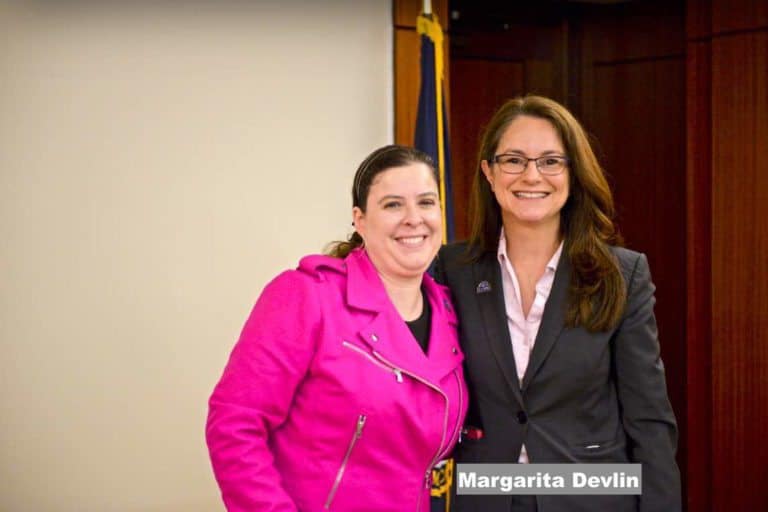
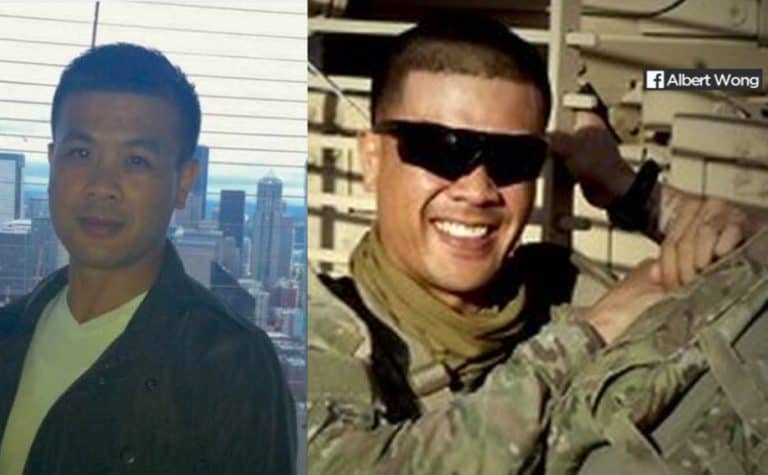
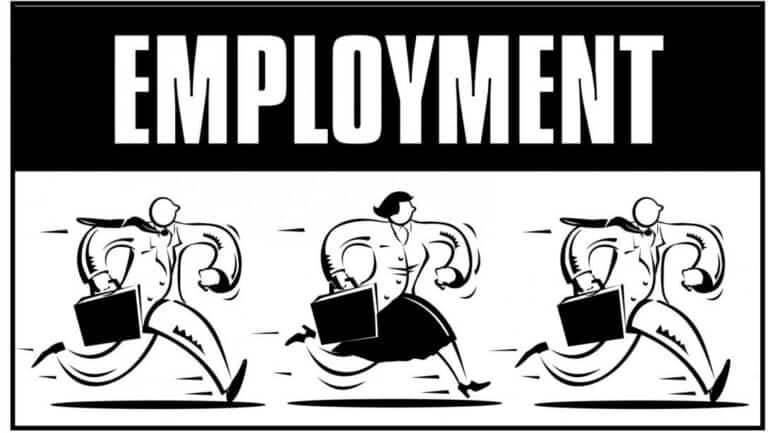

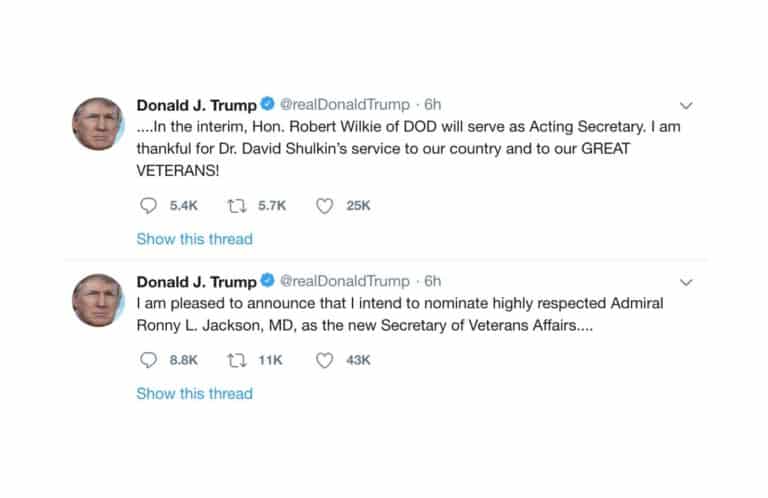
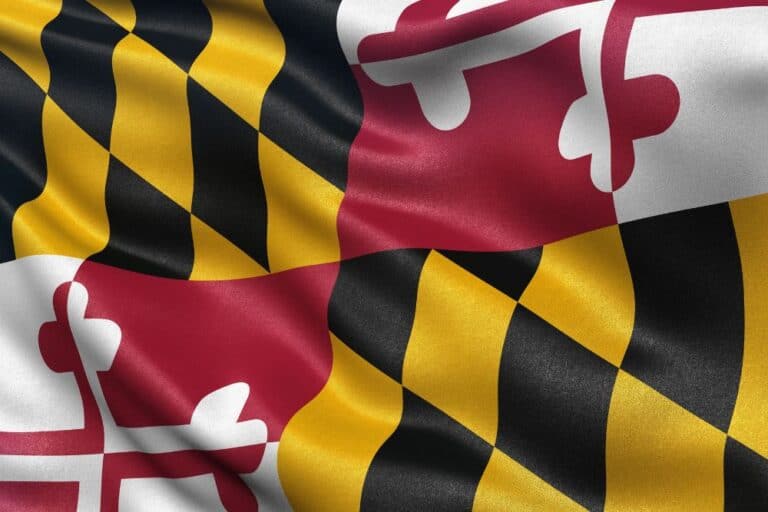
To be fair, this kind of malfeasance happens to non-native vets too.
Shameful. Just plain shameful at the highest levels and throughout down to the check-in clerks who treat people like crap and should NEVER have full access to our records. HIPPA violations MUST be addressed! They have no medical training but make decisions about our care.
I think the secretary lied to them.
Is it my imagination or is this new VA administration throwing bones at us again?
It’s good that the VA recognized us as humanbeing, I’m not just look down upon being African American but I also have a heritage of Native American from my Grandfather who dad was full blooded Cherokee Indian n my Grand Mother born on the Blackoot Reservation. I’m please to read this. But like all government programs of past, it start out positive but eventually end up in the hands a Racist Corruption base on history and proven fact. Maybe this one will be different with Native American voices having the eyes of a Eagle.